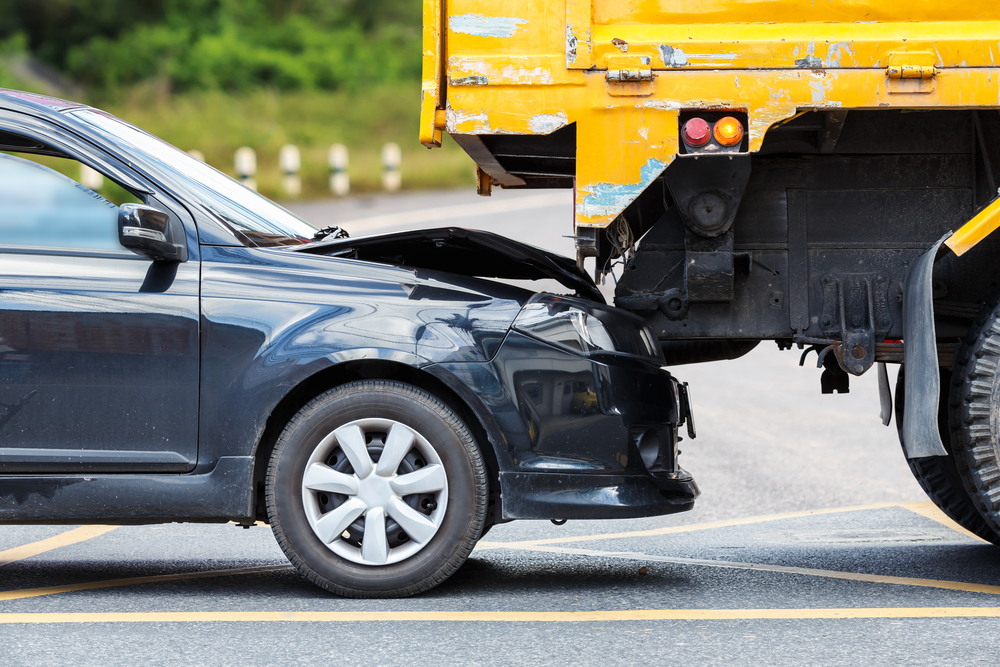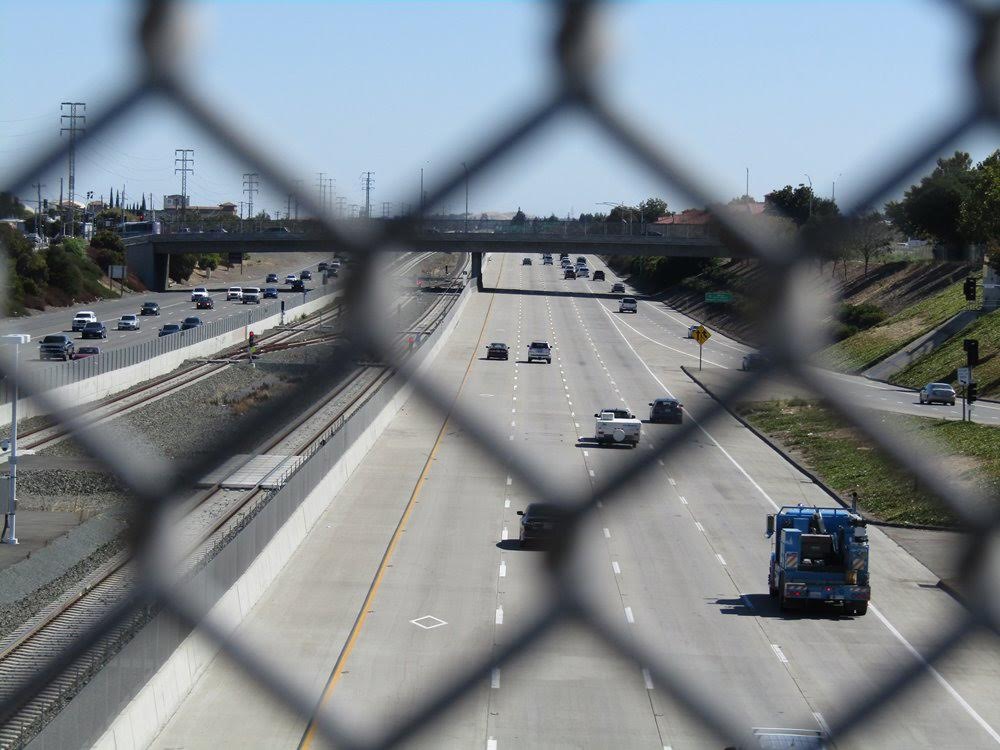Top 10 Mistakes to Avoid After a Car Accident in Colorado

Written by Matthew Weidinger

Car accidents in Colorado can be stressful and confusing. Many people make avoidable mistakes that could affect their recovery or legal claims. Understanding the key errors to avoid immediately after an accident can protect one’s rights and ensure proper handling of the situation.
Failing to document the scene, not seeking medical attention, or admitting fault prematurely are common pitfalls. These missteps often lead to complications with insurance or legal processes. Knowing what actions to take and what to avoid is essential for anyone involved in a crash.
Critical Immediate Actions To Avoid After a Car Accident
Not Calling the Police and Filing an Official Report
Calling the police is essential after any car accident, regardless of severity. The official police report serves as an unbiased record of the incident, detailing the parties involved, conditions, and statements. This report is often required by insurance companies and courts in Colorado.
Failing to call the police can lead to difficulties proving fault or the circumstances of the accident. Party statements alone are not always reliable. The report can also include citations if traffic violations caused the crash, affecting liability.
When officers arrive, it is important to provide accurate information and avoid admitting fault. Request a copy or the report number to reference later during insurance claims or legal proceedings.
Not Seeking Prompt Medical Attention for Hidden Injuries
Not all injuries from a car accident are immediately obvious. Whiplash, internal bleeding, or concussions can develop hours or days after the crash. Prompt medical evaluation is vital, even if pain seems minor at first.
Delaying treatment can complicate diagnosis, recovery, and weaken cases for compensation. Medical reports will document injuries linked to the accident, supporting insurance or legal claims.
If on-site EMTs are unavailable, visiting an emergency room or urgent care within 24 hours is advised. Keep detailed medical records, including tests and doctor visits, to establish a clear injury timeline.
Not Gathering Evidence at the Scene
Collecting thorough evidence right after the accident safeguards the victim’s position. You should take clear photos of all vehicle damage, the surrounding area, and any visible injuries.
Witnesses can provide critical testimony, so it is important to gather their contact information and written statements if possible. Witness accounts can confirm facts that support injury claims or dispute false allegations.
Recording license plates, driver’s license details, and insurance information from the other parties involved also reduces the risk of fraud or disputes. Notes on weather, traffic signals, and road conditions may help establish context for fault.
Admitting Fault or Apologizing
Admitting fault or apologizing at the accident scene can be used against a driver later, even if fault is not clear. Colorado follows a comparative negligence rule, meaning partial fault can reduce compensation.
A simple “I’m sorry” may be interpreted as an admission of guilt. Drivers should instead exchange information calmly and avoid making statements about responsibility.
Document facts without assigning blame. It is best to say nothing about fault and let police or insurance investigations determine liability.
Delays and Missteps When Reporting to Insurance
Failing to report the accident promptly can complicate claims. Colorado law often requires notifying your insurer within a reasonable time, typically 24 to 72 hours. Delays can lead insurance companies to deny coverage or reduce settlements due to suspicions of exaggerated or fabricated claims.
Accurate and timely reporting protects policyholder rights. When reporting, include all relevant details: date, time, location, parties involved, and any injuries or damages. Keep copies of all communications and documents submitted.
Communicating with Insurance Adjusters
Insurance adjusters aim to minimize payouts. Drivers should avoid providing recorded statements without legal advice, as these can be used to challenge claims. Questions may be framed to elicit admissions or to confuse. Responses should be brief, factual, and avoid speculation.
Document all conversations, including dates, names, and information exchanged. It is advisable to consult an attorney before signing any releases or settlement offers to ensure fair compensation.

Not Following Through on All Recommended Medical Treatments
It is crucial that individuals attend all scheduled appointments and complete prescribed therapies after an accident. Skipping treatments or discontinuing care can worsen injuries or delay recovery, impacting both health and legal claims.
Medical records provide necessary proof for insurance claims and potential lawsuits. Failure to comply with medical advice weakens documentation, reducing compensation. For example, if a doctor recommends physical therapy three times a week, missing sessions could slow progress and appear as non-compliance. This can be used against the injured party when negotiating settlements.
Underestimating Future Medical Expenses
Injuries often require ongoing care beyond initial treatment, including surgeries, medication, or specialized rehabilitation. Underestimating these costs may leave victims financially vulnerable. Future medical needs may arise months or years after the accident, especially with conditions like chronic pain or mobility issues. It is important to include projected expenses in claims.
Using a medical cost estimator or consulting healthcare providers helps create accurate financial expectations. This ensures settlements can cover long-term care rather than just immediate bills.
Not Securing Legal Assistance
Hiring an experienced car accident attorney helps navigate Colorado’s complex traffic laws and insurance regulations. They ensure all paperwork is filed correctly and deadlines for claims are met, preventing case dismissal.
Attorneys can accurately assess the full extent of damages, including medical expenses, lost wages, and pain and suffering. This prevents undervaluing claims, which often happens when victims negotiate alone.
Without legal help, victims risk accepting less compensation or missing out on benefits owed by law. An attorney also handles communications with insurers, reducing stress and avoiding mistakes.
Settling Your Claim Too Quickly
Accepting a quick settlement often means settling for less than the true value of damages. Injuries or vehicle damage may worsen after initial reports, creating unforeseen costs. Early settlements usually limit the right to pursue additional compensation later. Signing a release form typically ends all claims, even if new expenses arise.
It is important to wait until medical treatments are complete and all accident-related costs are known. Consulting an attorney before agreeing to any offer is critical to avoid financial loss.
Note: The information provided in this blog post has been compiled from publicly available and secondary sources. While we strive for accuracy, some details may become outdated or contain inadvertent errors. If you believe any information is incorrect or requires updating, please contact Smith & Weidinger so that we may review and make the appropriate corrections.
Disclaimer: This blog post is for informational purposes only and is not intended as a solicitation for business. The photo used is not from the scene of the incident described. Viewing this content does not create an attorney-client relationship with Smith & Weidinger. If you have been injured in an accident, please seek immediate medical attention and then consult with a qualified attorney to discuss your legal rights and options.










